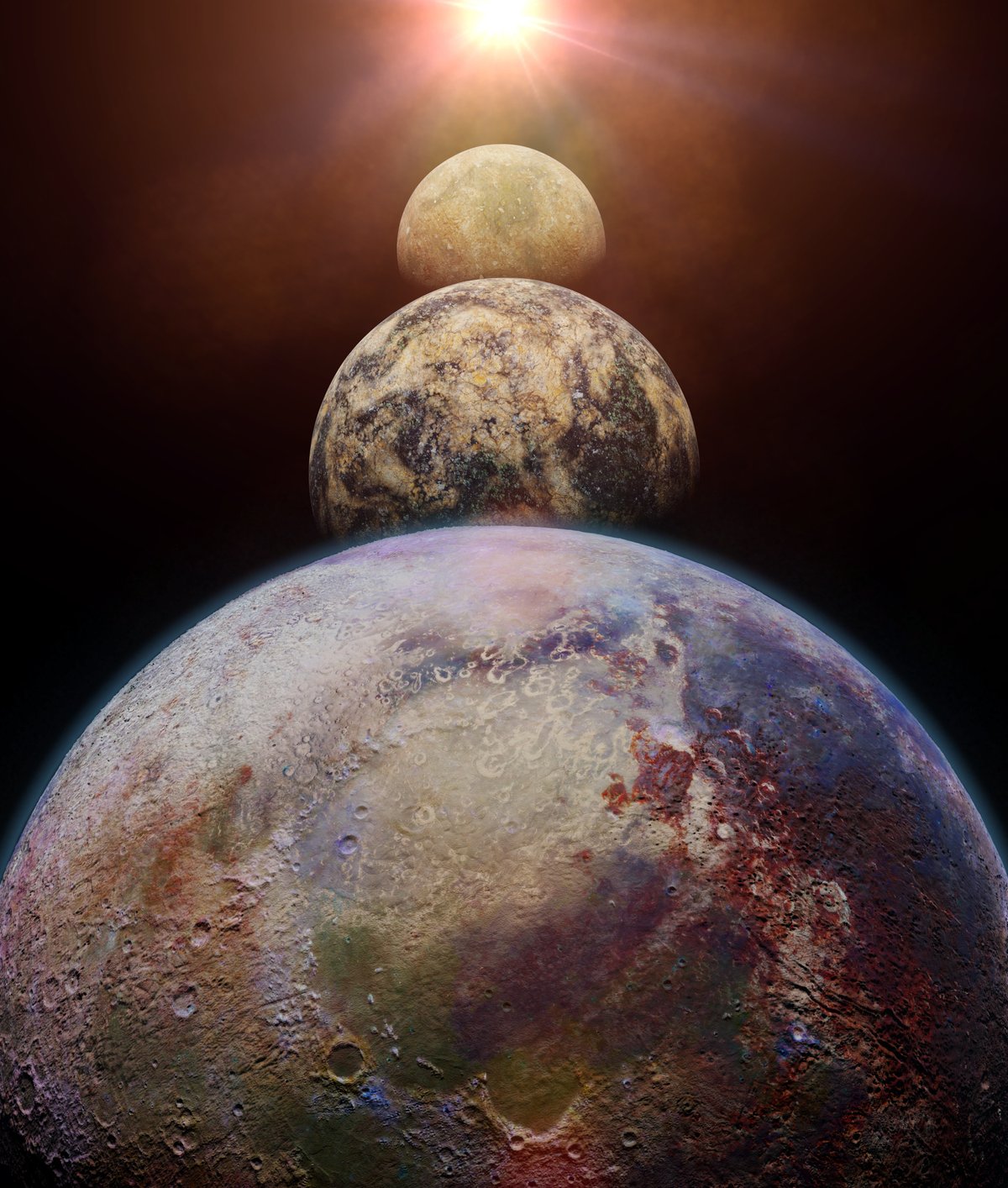A scientific study shows that Mass extinctions throughout Earth’s history may provide important clues in the search for life on other planets. Since its initial formation, our planet has gone through various processes that caused new transformations and internal reactions, thus affecting the evolution of life, until we reached today’s human society.
Over 4.5 billion years, the planet went through countless transformations until it reached its current state. During this period, it faced intense temperatures, droughts, extreme cold, floods, ice ages, and mass extinctions that wiped out thousands of species. One of the best-known examples of this is the extinction of the dinosaurs as a result of the impact of the Chicxulub asteroid 66 million years ago..
For a long time, scientists have used data on mass extinctions to better understand the history of the planet and, in some cases, even describe the characteristics of cosmic events. Thanks to these studies Researchers have come to a shocking prediction: Approximately 99% of all species that have ever existed are extinct.
In a paper published on the preprint server arXiv, a group of researchers suggest that these data could also be useful in the search for life beyond Earth.
Authors’ theory suggests that catastrophic events such as mass extinctions may be fundamental to the development and evolution of intelligent life. In other words, the various extinctions that the Earth has experienced throughout its history may have been decisive for human society to reach its current evolutionary stage.
“These events could be a disaster or the best thing that could happen to our planet, depending on which perspective you take,” said co-author and planetary scientist Arwen Nicholson of the University of Exeter in the United Kingdom. message to website space.
Mass extinctions on Earth
One example cited by scientists is the Great Oxygenation Event (GEO), which occurred between 2.4 and 2.1 billion years ago. During this period, Earth experienced a significant increase in the number of photosynthetic cyanobacteria, which increased the oxygen level in the atmosphere.
As a result, many living organisms became extinct. Because they were not adapted to cope with high oxygen concentrations. Although this event was disastrous for these life forms, scientists suggest that further evolution would have been possible only thanks to the increased presence of oxygen in the atmosphere.
“At the time, this would have been a huge shock to most organisms living on the planet because oxygen can be very toxic due to its reactivity, but that’s also why it’s useful to us. The deep oceans were not oxidized to this extent at this altitude and probably provided shelter for life unaccustomed to oxygen,” he said. added Nicholson.
Even if it destroyed some of the life that existed at the time, Scientists claim that the event is important for the durability of continuing life forms. The same may have occurred at other similar periods in Earth history, when surviving organisms and species underwent a process of evolution after these catastrophes.
The role of extinctions in the search for aliens
In the paper, the authors explain that these extinction events may have been responsible for the development of more complex life forms, such as human society. Like this, This may also be a factor influencing the emergence of other complex forms of life beyond Earth.
In summary, scientists suggest that the search for life beyond Earth should focus on celestial bodies that experience different stress events. This is because the evolution of more complex life forms is likely on planets or moons that face great challenges, unlike the stagnation observed during the ‘boring billions’.
In any case, it is important to emphasize that the study was not peer-reviewed and more research is needed to draw more definitive conclusions.
Stay up to date with more work like this at TecMundo. If you wish, take the opportunity to understand how the Moon can host the genetic bank of species that are in danger of extinction on Earth.
Source: Tec Mundo
I’m Blaine Morgan, an experienced journalist and writer with over 8 years of experience in the tech industry. My expertise lies in writing about technology news and trends, covering everything from cutting-edge gadgets to emerging software developments. I’ve written for several leading publications including Gadget Onus where I am an author.













